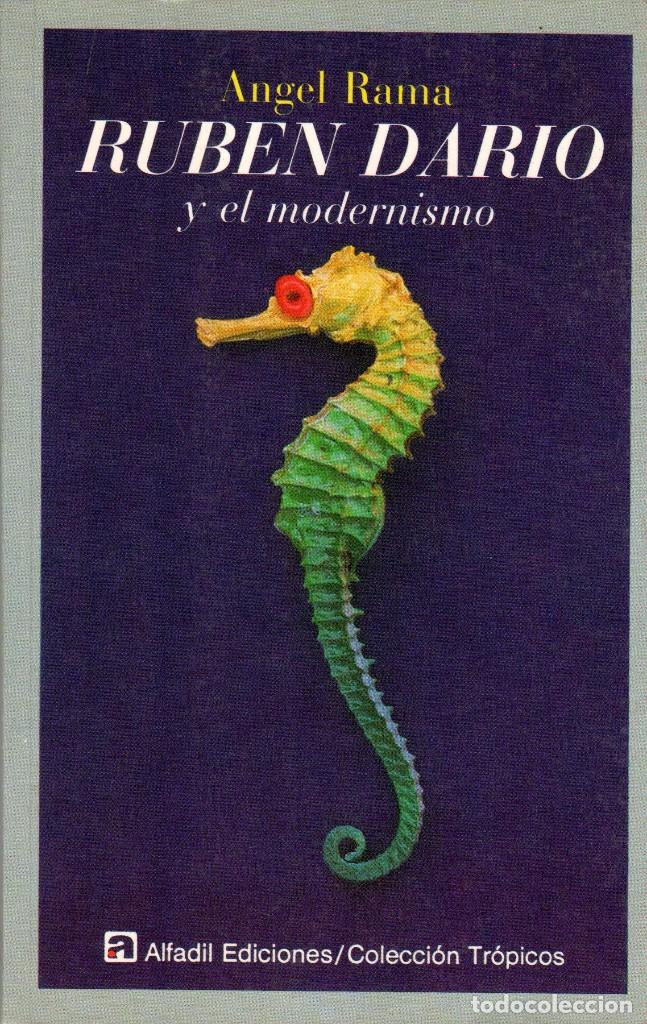
Thus, this world-systems biography approach is shown to be a useful framework through a brief analysis of Darío's life and work.Ī tanulmány amellett érvel, hogy a kulturális termelést anyagi feltételei, azaz a politikai gazdaságtan felől érdemes vizsgálni. Moreover, it can uncover the core-periphery dialectic in the realm of artistic production. World-systems biographies clearly examine the dialectic of personal, national and global levels of social life. One can account for this complex of hierarchies only through a 'world-systems biography' approach. Darío was also in a subordinated position, even if symbolic, in relation to those same intellectuals that Bourdieu celebrated as creators of the autonomy of culture in France. He was in a subordinated position not only vis-à-vis the national state and the bourgeoisie. This double subordination is clear in the case of Ruben Darío.

Peripheral writers, in the 19th century and still today, are subject to world-systemic hierarchies, even cultural ones. Moreover, it sheds light into a dilemma particular to the peripheral intellectual. The life of Nicaraguan Ruben Darío (1867–1916), probably the most well-known poet in Latin American history, provides a paradigmatic instance of this dilemma.

At the same time, however, artists and intellectuals did confront structural subordination: they belonged, as Pierre Bourdieu explained, to the dominated fractions of the dominant class, subordinated both to the state and the bourgeoisie. Freedom or autonomy to pursue purely intellectual projects required a certain aristocratic defense of the value of art. This contradiction is particularly relevant for writers of the periphery. The second theory is that the name of the country comes from one of the following nahuatl words: nic-Anahuac, which means so far achieved or that has come so far or that came from so far Anahuac Nikan-Nahua, which means here is Nahuas or nic-atl-nahuac, which means here by the water or surrounded by water.The late 19th struggle for artistic freedom in the capitalist world-system put the artist in a contradictory position.

The newly independent Haiti, the second oldest country in the New World to the United States, has the liberation movement further driven by the inspiration of the leaders of the movement, such as Miguel Hidalgo in Mexico, Sim. The most important contribution to music is undoubtedly the folklore, in the true soul of Latin America and the Caribbean is expressed. Brazil still tried to stay neutral against the United States and Germany because it tried to ensure that it could continue to be a place of interest to both countries contradicting safe. The tensions between Portuguese and Brazilians increased, and the new regime imposed by the Liberal Revolution from 1820 attempted to rebuild Brazil as a colony.


 0 kommentar(er)
0 kommentar(er)
